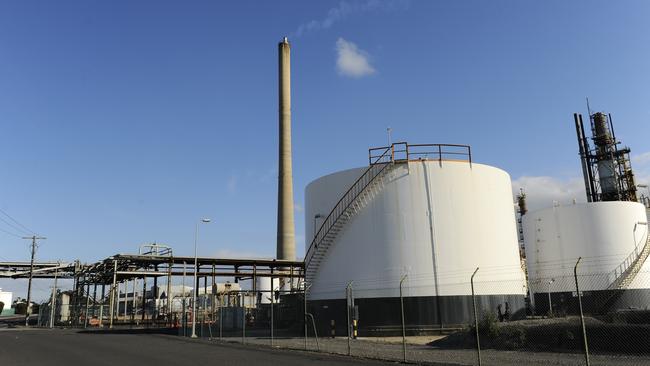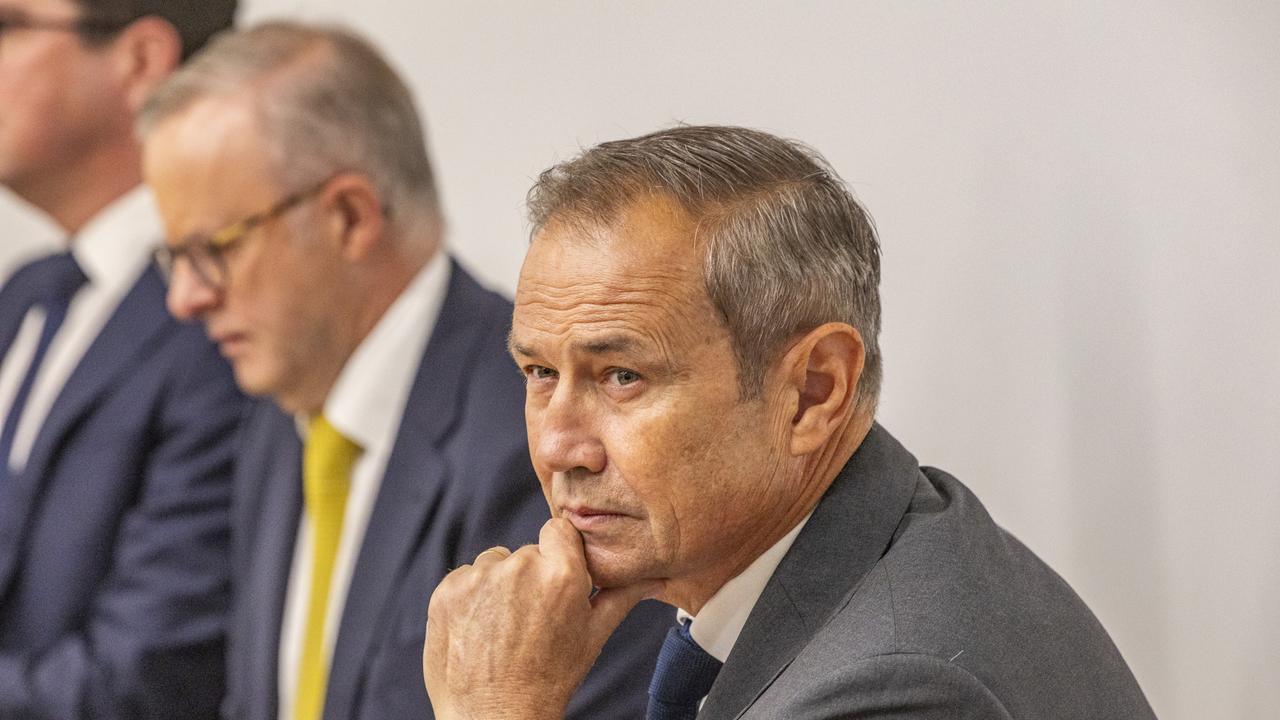Fuel security fears as Altona refinery closes
ExxonMobil’s decision to close its Altona refinery will leave the nation more vulnerable to global crises, industry and security exports have warned.

ExxonMobil’s decision to close its Altona refinery will leave the nation more vulnerable to global crises, industry and security exports have warned, prompting calls for a new government strategy to safeguard the nation’s liquid fuel security.
Energy Minister Angus Taylor said the company’s decision to shut down the Victorian plant after 75 years, which followed the development of a $2bn government fuel security package, was “extremely disappointing”.
But the company said the plant was no longer viable and would be converted to a fuel import terminal with the anticipated loss of about 300 jobs.
The move will leave just two domestic refineries, Viva’s plant in Geelong and Ampol’s Lytton facility in Brisbane — neither of which have committed to remain operating in the long term.
Australian Industry Group chief executive Innes Willox said the Altona refinery closure was a blow not only to the workers, but the nation’s industrial ecosystem.
“We don’t want to see a wider collapse,” Mr Willox said, urging the government to put in place a long-term strategy to confront the nation’s fuel insecurity.
“Not only is Australian refinery capacity plunging, but most of the oil comes from overseas. Any future disruption to global supply chains would see Australia rapidly grind to a halt unless we take farsighted action.”
Former RAAF commander John Blackburn said Mr Taylor’s recent fuel security policy had “just scratched the surface”.
Even before the closure of the Altona facility, which will remain operating while its transition to an import terminal is undertaken, more than 90 per cent of Australia’s liquid fuels are imported.
Mr Blackburn said the government needed a plan to avoid “societal collapse” in the event of an interruption to global shipping routes.
“At the end of the day basically everything that moves in this country moves on diesel,” he said.
“We are probably one of the most exposed developed countries in the world, because we are heading towards not only 90 per cent fuel energy imports, but 100 per cent.
“So our security, the functioning of our society, is being outsourced to commercial industry, none of which we own.”
Australian Strategic Policy Institute executive director Peter Jennings said Australia was close to being “utterly dependent” on imported fuel. “Surely if we have learned anything for the last year it is that over-dependence on just-in-time supply is a real strategic risk,” he said.
“It just leaves us utterly dependent on offshore refineries, and that is a real risk.”
Anthony Albanese said the ExxonMobil decision was the result of “government failure”.
“The truth is, we don’t have enough fuel reserves in terms of the conditions that the International Energy Agency say are appropriate for an industrialised country. It is a threat to our security as a nation,” the Opposition Leader said.
Australia’s largest plastics producer Qenos, which relies on the Altona refinery for fuel supplies, said it was studying the implications of the energy major’s decision to shut the plant, describing the move as disappointing.


